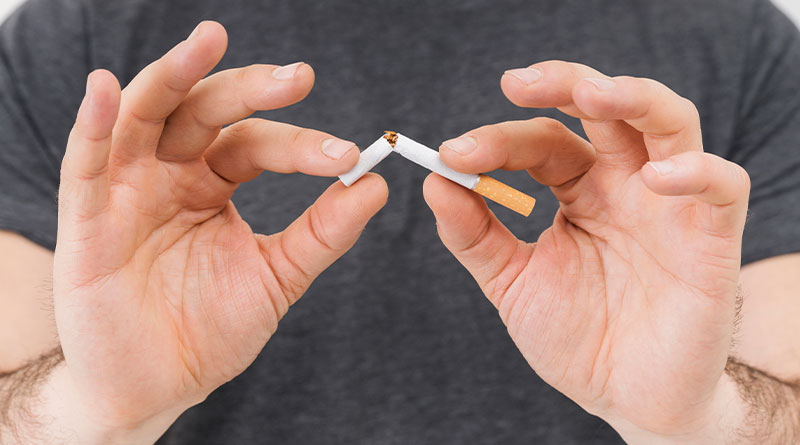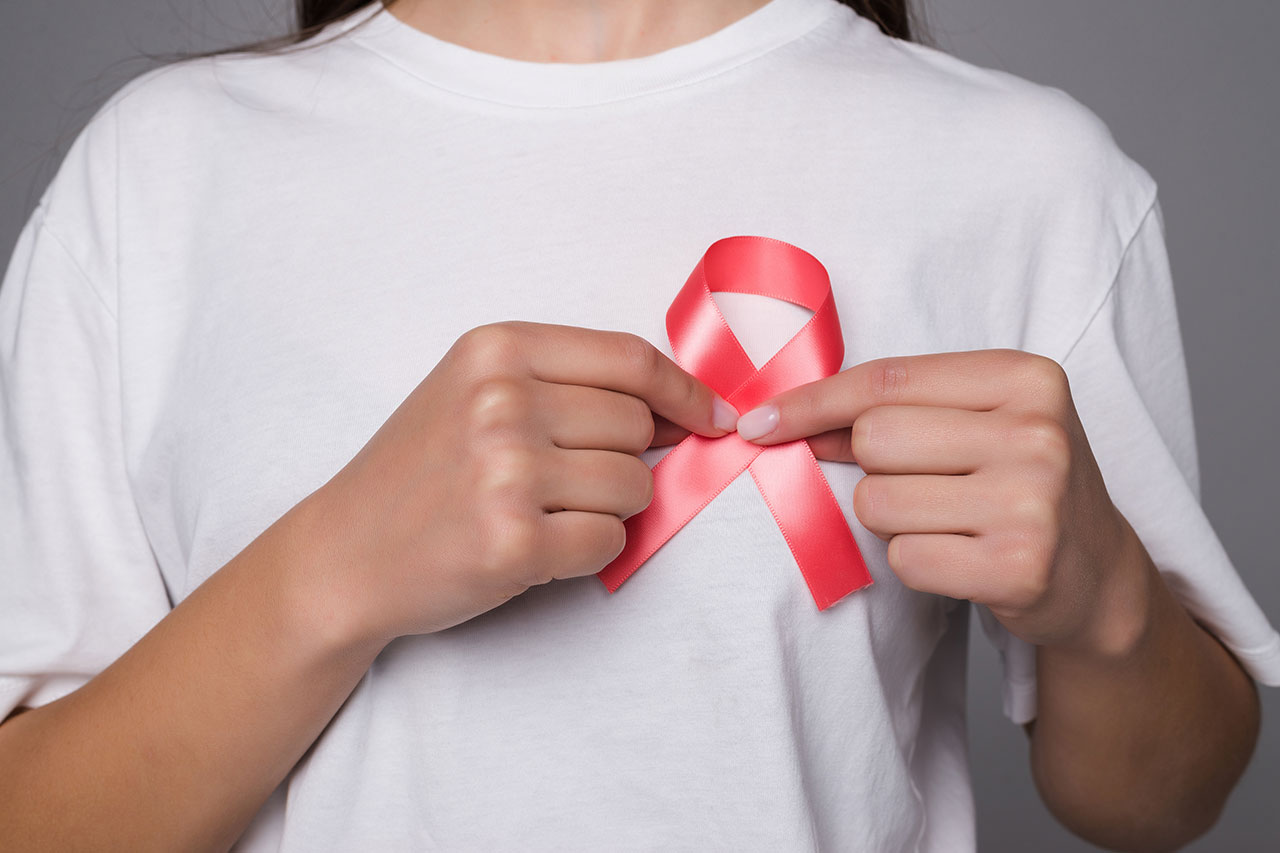Have you considered quitting smoking cigarettes and improving your health? Smoking is a leading cause of preventable death worldwide and is responsible for numerous health problems. Quitting smoking can improve your health in many ways, from reducing your risk of cancer and heart disease to improving your lung function and overall quality of life.
In this article, we’ll discuss the benefits of quitting smoking and the timeline of what happens when you quit smoking cigarettes.
Benefits of Quitting Smoking Cigarettes
Reduced Risk of Cancer
Smoking is the leading cause of lung cancer, and it is also linked to other types of cancer, including mouth, throat, bladder, kidney, and pancreas. Quitting smoking reduces your risk of developing cancer, and the longer you stay smoke-free, the lower your risk becomes.
Improved Lung Function
Smoking damages your lungs and reduces their capacity to function properly. Quitting smoking can help improve your lung function and reduce your risk of chronic obstructive pulmonary disease (COPD) and other lung diseases.
Better Heart Health
Heart disease is the leading cause of death worldwide and smoking is a major risk factor for developing it. Quitting smoking can reduce your risk of heart disease and improve your heart health.
Improved Immune System
Smoking weakens your immune system, making you more susceptible to infections and illnesses. Quitting smoking can help improve your immune system and reduce your risk of infections and illnesses.
Better Mental Health
Smoking is linked to depression and anxiety, and quitting smoking can improve your mental health and overall well-being.
Improved Fertility
Smoking can reduce fertility in both men and women. Quitting smoking can improve fertility and increase the chances of a successful pregnancy.
The Timeline of What Happens When You Quit Smoking Cigarettes
The benefits of quitting smoking start to appear almost immediately, and the timeline of what happens when you quit smoking cigarettes can vary from person to person. Here’s what you can expect in the days, weeks, and months after quitting smoking:
Within 20 Minutes:
Within 20 minutes of quitting smoking, your heart rate and blood pressure start to drop back to normal levels. This is because smoking raises your heart rate and blood pressure, and quitting allows your body to recover.
Within 12 Hours:
Within 12 hours of quitting smoking, the carbon monoxide levels in your blood start to decrease. Carbon monoxide is a poisonous gas found in cigarette smoke, and it reduces the amount of oxygen in your blood.
Within 24 Hours:
Within 24 hours of quitting smoking, your risk of a heart attack starts to decrease. Smoking is a major risk factor for heart disease, and quitting reduces your risk.
Within 48 Hours:
Within 48 hours of quitting smoking, your sense of taste and smell start to improve. Smoking can dull your senses, and quitting allows them to recover.
Within 72 Hours:
Within 72 hours of quitting smoking, your bronchial tubes start to relax, and your lung function starts to improve. This makes it easier to breathe and reduces your risk of lung diseases.
Within 2-12 Weeks:
Within 2-12 weeks of quitting smoking, your circulation improves, and your lung function continues to improve. This can lead to better exercise tolerance and less shortness of breath.
Within 3-9 Months:
Within 3-9 months of quitting smoking, your coughing and wheezing start to decrease, and your lung function improves even further. This reduces your risk of respiratory infections and diseases.
Within 1 Year:
Within 1 year of quitting smoking, your risk of heart disease is half that of a smoker. This is because smoking damages your heart and blood vessels and quitting allows them to heal and function better.
Within 5 Years:
Within 5 years of quitting smoking, your risk of stroke decreases to that of a non-smoker. Smoking damages your blood vessels and increases your risk of stroke, and quitting allows your blood vessels to heal and reduces your risk.
Within 10 Years:
Within 10 years of quitting smoking, your risk of lung cancer decreases to about half that of a smoker. Smoking is the leading cause of lung cancer, and quitting reduces your risk over time.
Within 15 Years:
Within 15 years of quitting smoking, your risk of heart disease is the same as that of a non-smoker. This is because the longer you stay smoke-free, the more your body can heal and recover from the damage caused by smoking.
Conclusion
Quitting smoking cigarettes can improve your health in many ways and reduce your risk of numerous health problems, including cancer, heart disease, and lung diseases. The benefits of quitting start to appear almost immediately, and the longer you stay smoke-free, the more your body can heal and recover from the damage caused by smoking.
If you’re a smoker, quitting smoking can be challenging, but it’s one of the best things you can do for your health. Talk to your healthcare provider about ways to quit smoking, including medications, counseling, and support groups.
Sahil Sachdeva is the Founder of curemedoc.com and a Digital Marketing professional with 6+ years of experience. If you need help in Content writing and want to increase your website ranking, connect with him, as he has some premium websites where you can share blogs with DoFollow links and increase your website’s ranking on Google.





